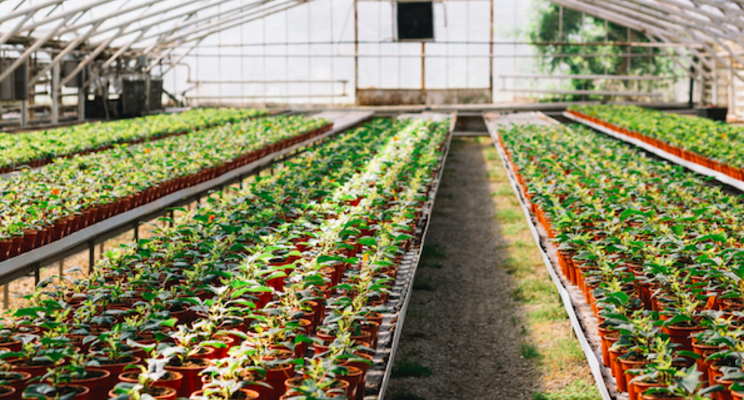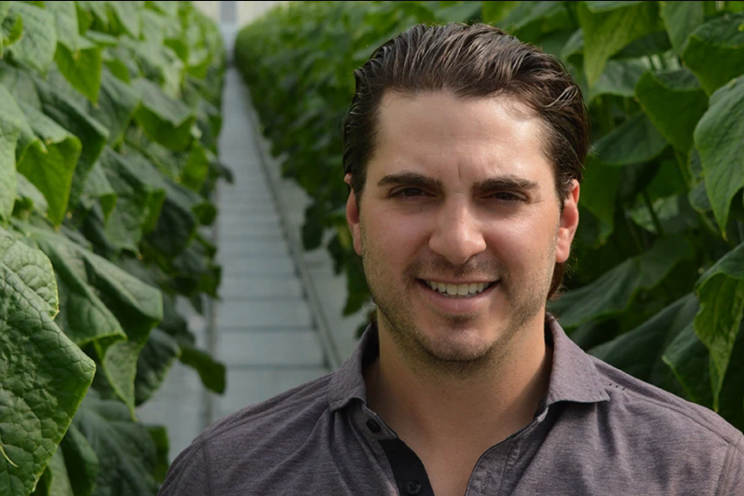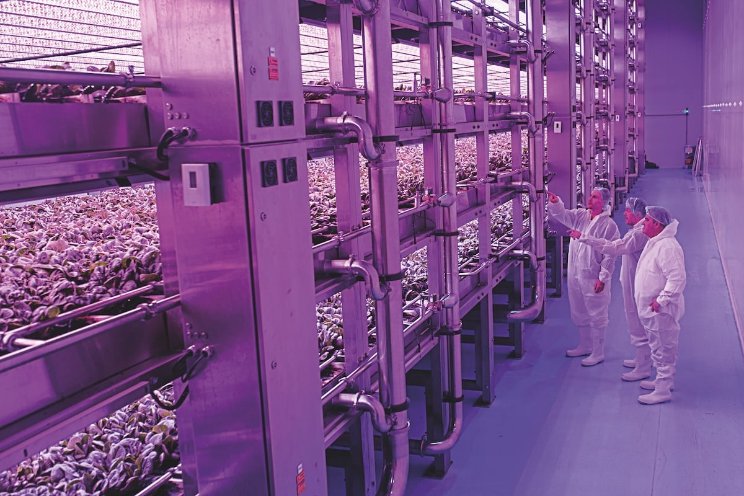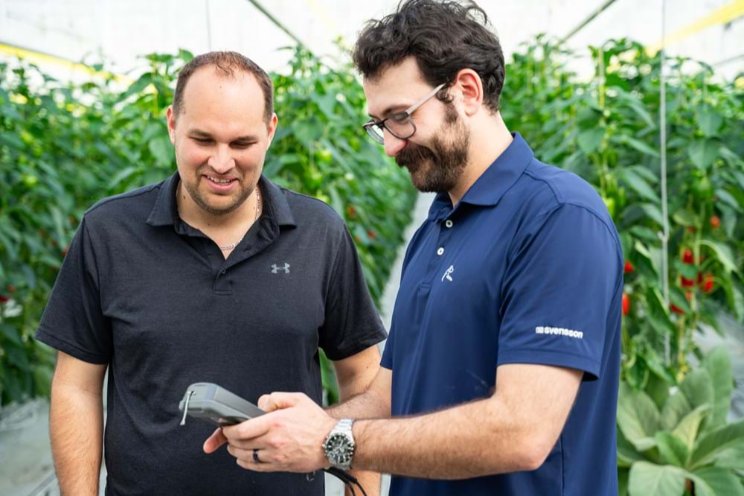Biorationals for management of soilborne diseases
Added on 28 February 2022

This is why the Business Unit Greenhouse Horticulture and Flower Bulbs of Wageningen University & Research (WUR) in The Netherlands is investigating whether biorationals (plant protection products of natural origin) can be used effectively in greenhouse cultivation against soilborne plant pathogens.
Fungi (such as Fusarium and Verticillium) and oomycetes (such as Pythium and Phytophthora) can infect a crop through the roots. WUR is investigating whether these infections can be prevented with biorational agents. Such agents are increasingly available on the market for use in crops, but their potential remains underused. The question is how these products can protect the plants against soilborne pathogens during the entire length of a cultivation cycle.
The research is being conducted in two crops: lisianthus and cucumber. Cultivation of lisianthus is soil-based with a relatively long propagation period (around 12 weeks) and relatively short cultivation in the greenhouse (seven to eight weeks), while cucumber cultivation is much longer (up to four to five months) and takes place in inert growing medium (stonewool or perlite).
Click here to read more.
Photo created by freepik - www.freepik.com
Source: Greenhouse Grower
More news















